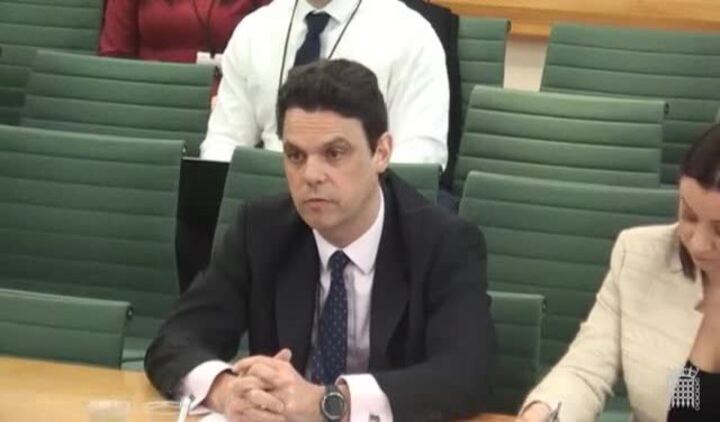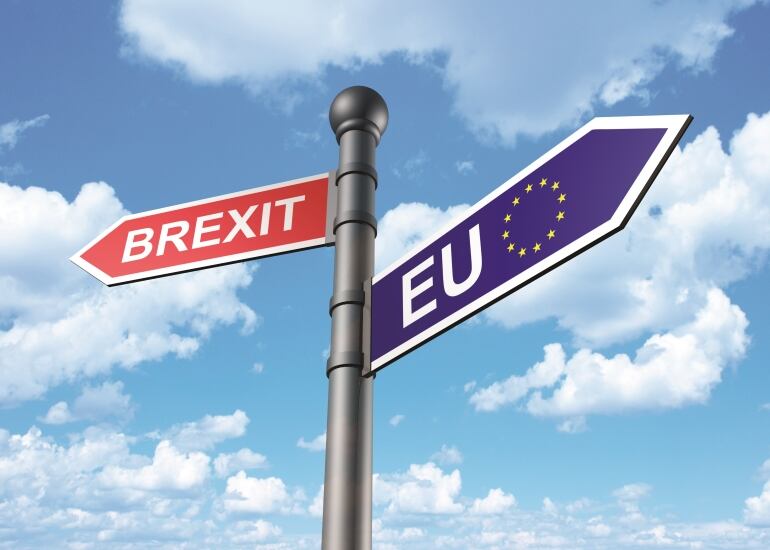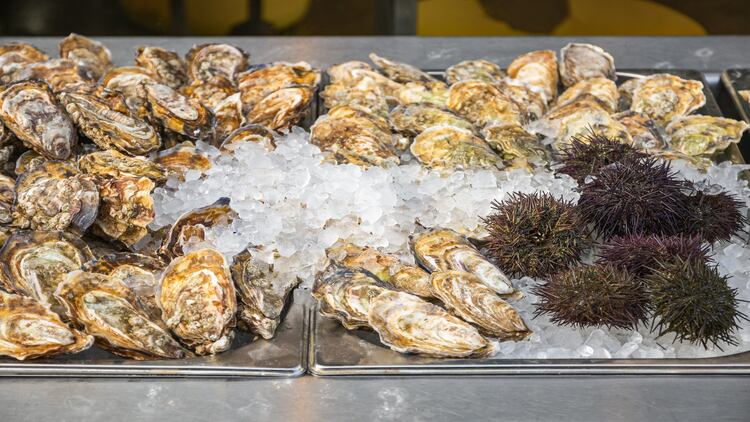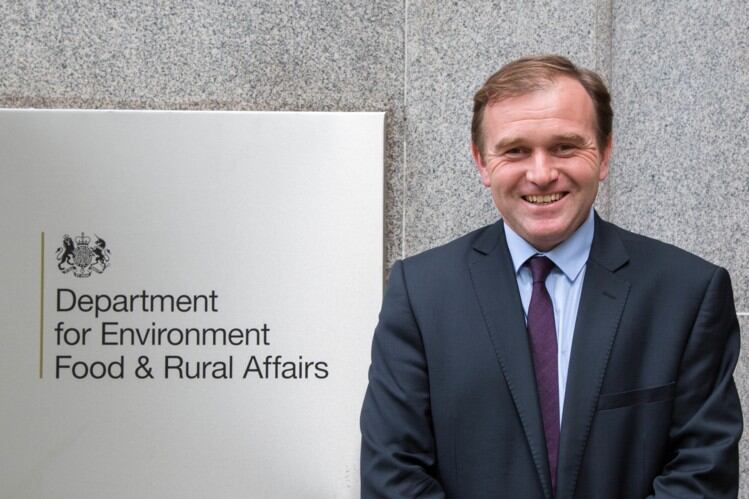Nick von Westenholz, director of EU exit and international trade at the National Farmers Union (NFU) told MPs at the Environment, Food and Rural Affairs Committee today that, in some cases, “protectionism” was justified.
“In the current climate we are encouraging our farmers to produce in a way that is sympathetic to the environment, that upholds high standards of animal welfare etc,” said von Westenholz.
“Often that will come with a considerable extra cost for those producers. There is a point about equity when you are legally requiring your producers to shoulder extra costs. At the very least, you should require the products they are competing with to observe the same standards.”
He added that supporting rules for better animal welfare and standards increased the cost of production for UK farmers, and allowing cheaper imports without those standards would be “completely counterproductive”.
However, he added that there should be a "level playing field" with producers in other parts of the world. He said that farmers are happy to compete if these producers are observing the same costs of production and standards.
James West, senior policy manager at Compassion in World Farming, said there might be issues around labelling, especially for ingredients.
“The Agriculture Bill permits the secretary of state to introduce method-of-production labelling and we suggest that should be a duty rather than a power,” he said.
However, the issue was raised during the session about what ‘high standards’ are considered to be.
Emily Rees, managing director at Trade Strategies, said: “We often hear, within these discussions, that the EU is the gold standard and I would like to challenge that.”
She said there were issues around specific agricultural products, such as dairy.
“It gets cold in the winter in the UK and the EU, and you tend to keep your cows indoors. In other parts of the world, it doesn’t get so cold and they don’t need to be out in sheds for numerous months. What is the higher or the lower standard?
“We have to be careful; it is not clear-cut.”
Von Westenholz agreed and said that talking about standards “hides the complexity of the issue”. He said this was one of the reasons that the NFU had called for a commission, bringing in Government, stakeholders and trade experts to look into this.
The issue of tariffs was also raised during the session.
West said: “The EU has a set of tariffs and, generally speaking, they seem to protect against low-welfare importers.
“The UK listed some new tariffs recently, which were massive decreases on what the EU levels were. In particular, for eggs the tariff was zero – and a zero-tariff on eggs is going to completely decimate the UK egg industry.”
Von Westenholz said that 16% of the cost of production for UK eggs was due to the regulatory standards required around animal welfare. He called the tariffs a “blunt proxy tool” to manage imports of lower standards and said there were “significant risks” outside of trade deals.




